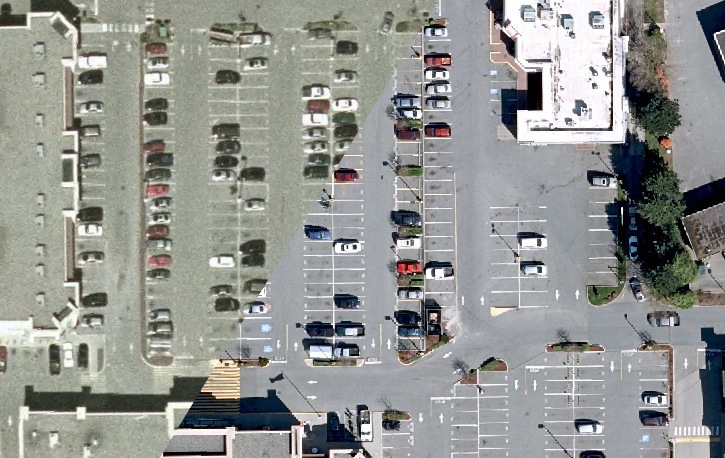In preparation for the 2015 OSMF board election I am gathering basic info and question responses by candidate, to help people be better informed about their choices.
I’ve added annotations in italics where I felt they would be useful.
Joseph Reeves * Location: UK * OSM User IknowJoseph * Manifesto
Questions
Where do you currently participate in the OSMF?
I admit that I have not contributed to any OSMF Working Groups. I greatly appreciate the work they do, however, and would only work to encourage participation in them. I am happy to join any WG that I can be an asset in. I have done work to promote OSM outside of more formalised methods and would continue to encourage others to do the same
Which contributions to OSM should I consider for my decision beyond your data edits at OSM?
Do you use OSM at work for business purposes?
First of all, please don’t judge my, or anyone else’s, suitability to serve on the Board by their map edits! I’d argue that a previous preoccupation with mapping skills has been to the detriment of the OSMF and has contributed to a cultural problem that is inhibiting diversity and community involvement. In my opinion crucial Board skills involve communication, planning and organisational skills. Most relevant to my OSMF Board application, I have served on the HOT Board. I have been a long term contributor to HOT as a Member and have participated in a number of Working Groups and activities, including three trips to Indonesia. An example of my writing is available on the HOT Blog. I have spoken about OSM at numerous events including an Oxford University seminar series that can be watched online here, and TechCamp Sarajevo 2014.




